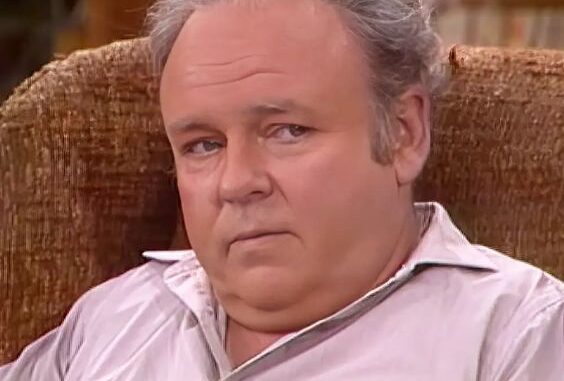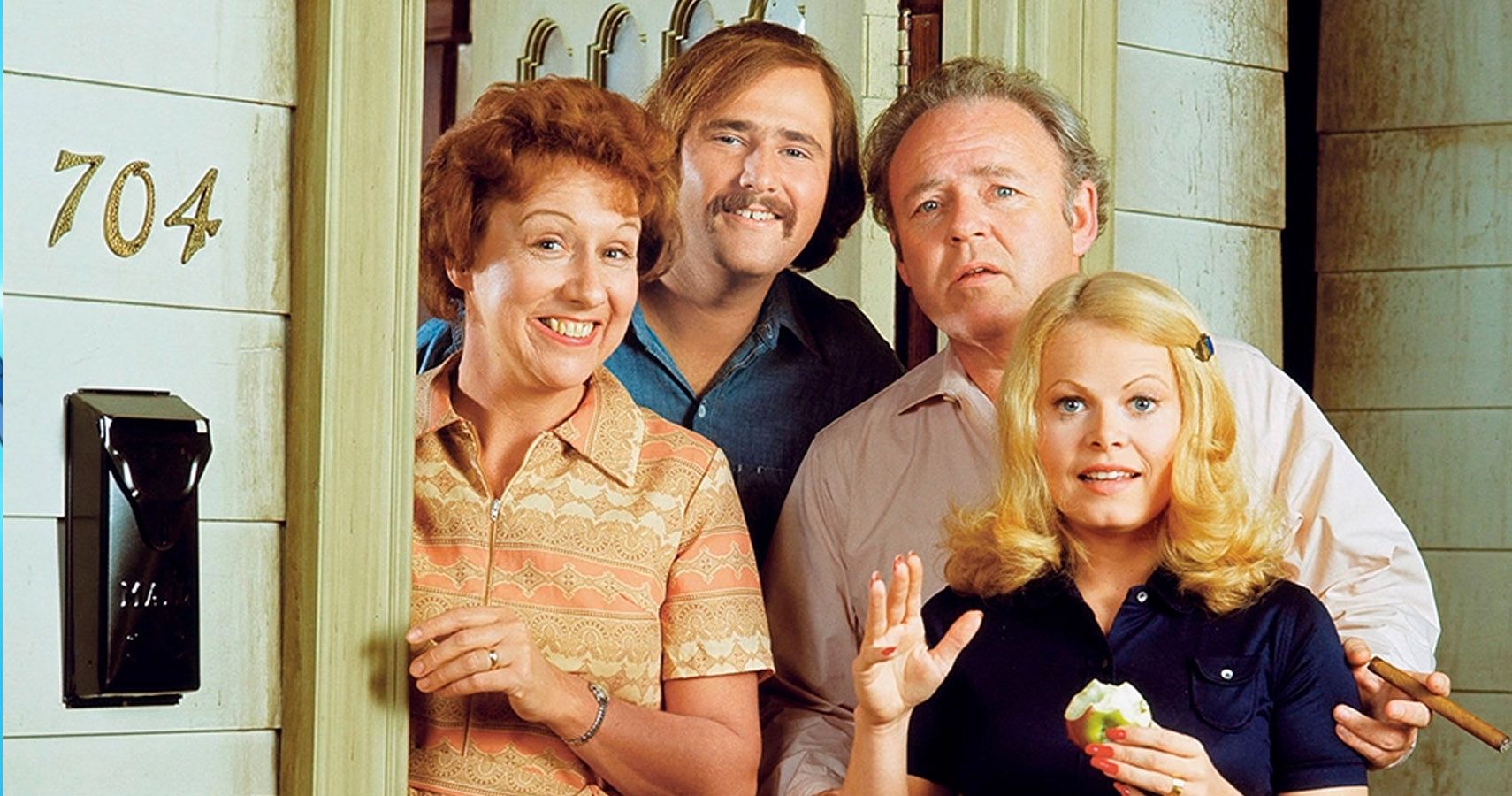
Norman Lear, who recently passed away at the age of 101, transformed the network television sitcom in the 1970s by confronting America’s cultural contentiousness head-on and daring viewers to laugh at a bigot like Archie Bunker on “All in the Family” or the white-folks-hating George Jefferson on “The Jeffersons.” People were more than ready to accept this challenge. “All in the Family” was the top-rated show on television for six of its nine seasons, while “The Jeffersons” ranked in the top 10 for four of its remarkable 11 seasons. Along with “Good Times,” “Sanford and Son,” “Maude,” “One Day at a Time” and “Diff’rent Strokes,” Lear basically dominated the decade. It was a creative hot streak that’s never been matched and one that Lear could never replicate.
After the 1978 premiere of “Diff’rent Strokes,” Lear went ice cold. “The Baxters” and “Palmerstown, USA” only hung around for two seasons, while “Hanging In” and “aka Pablo” (which squandered the uproarious stand-up comedy of Paul Rodriguez) failed to get more than single-digit show orders.
When “Diff’rent Strokes” wrapped up in 1986, Lear took a five year break before attempting a comeback with 1991’s “Sunday Dinner,” which paired Robert Loggia with Teri Hatcher for maximum age-gap hilarity. CBS couldn’t burn off its six episodes fast enough. He tried again the following year with the Washington D.C.-set “The Powers That Be;” created by “Friends” duo David Crane and Marta Kauffman, the Washington D.C.-set sitcom at least saw a second season.
Lear was still tackling edgy subject matter like suicide, eating disorders and illegitimate children, but he’d clearly lost his sense of what American television viewers wanted to see. Then, in 1994, he hit upon the idea to revisit his biggest hit through a wholly different lens. He was sure he’d recaptured the old magic. He was, alas, very wrong.In a 2004 conversation with Congressman Barney Frank at the John F. Kennedy Presidential Library and Museum, Lear was asked if he thought the networks would take a chance on a politically and socially challenging show like “All in the Family.” He was skeptical and cited the failure of what wound up being his final sitcom as evidence for this. The show, “704 Hauser,” was set at the old Bunker homestead, which is now occupied by a Black family. Even though he’d cast former “Good Times” star John Amos as the strong-willed patriarch, CBS didn’t see the potential and hedged its bets with its show order.
“[We] had […] John Amos, raising his son in the image he hoped and prayed of Thurgood Marshall. But the son, unfortunately going his own way, was growing far more in the image of Clarence Thomas. And he was in love with a Jewish girl. I saw the next six, seven years of that show so clearly. We could get into everything that’s all around us today. But they bought six, and when I started in television they were buying 22 and 24. They bought six and I don’t think they aired the fifth. So it was very difficult. And we had that one right.”

Variety’s Tony Scott called the “704 Hauser” series pilot “tepid and lukewarm,” while The New York Times’ John J. O’Connor said the two episodes he watched could “barely merit a smirk.” The Los Angeles Times’ Howard Rosenberg watched all six produced episodes and thought the series got “funny and appealing” as it went on — though he saw potential controversy ahead in Amos’ character’s dislike of Koreans and Jewish people.
The conflict between Amos and his son could’ve been a fascinating exploration of African-American conservatism (and, thankfully, Lear had Black writers on his staff, which wasn’t always the case on his most beloved shows). And the tension with Koreans and Jewish folk (issues Spike Lee addressed in “Do the Right Thing” and “Mo Better Blues”) could’ve made for bracing television.
At Lear’s best, he forced us to examine our prejudices and, especially through Rob Reiner’s Mike “Meathead” Stivic in “All in the Family,” how you could be morally right in the wrong way. These are conversations that are impossible to have in our highly polarized present day. It’s hard to laugh when a racist, right-wing crank like Archie Bunker could end an argument by pulling out his AR-15.
